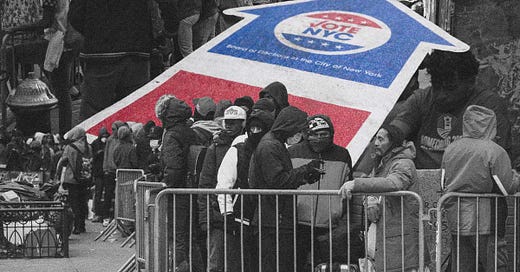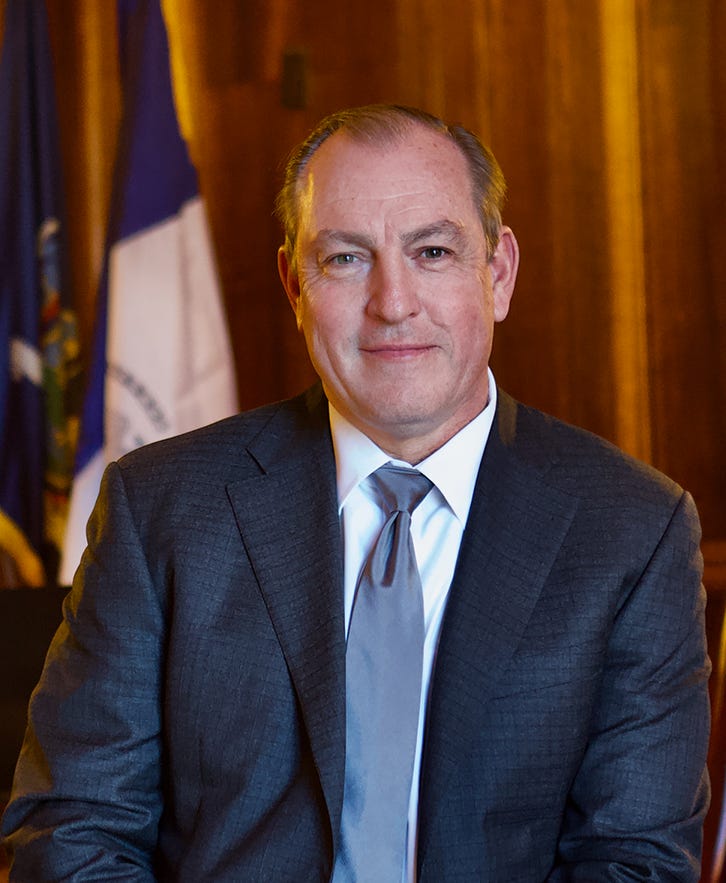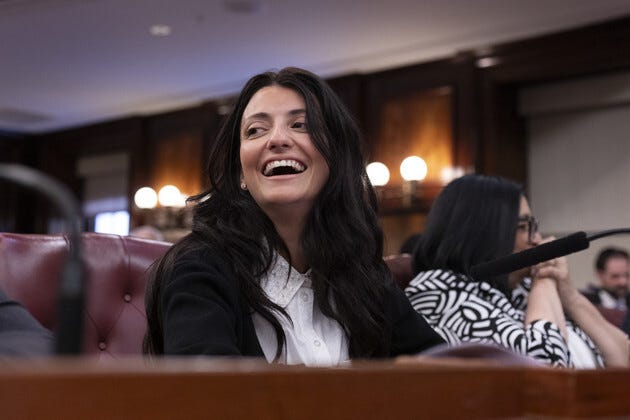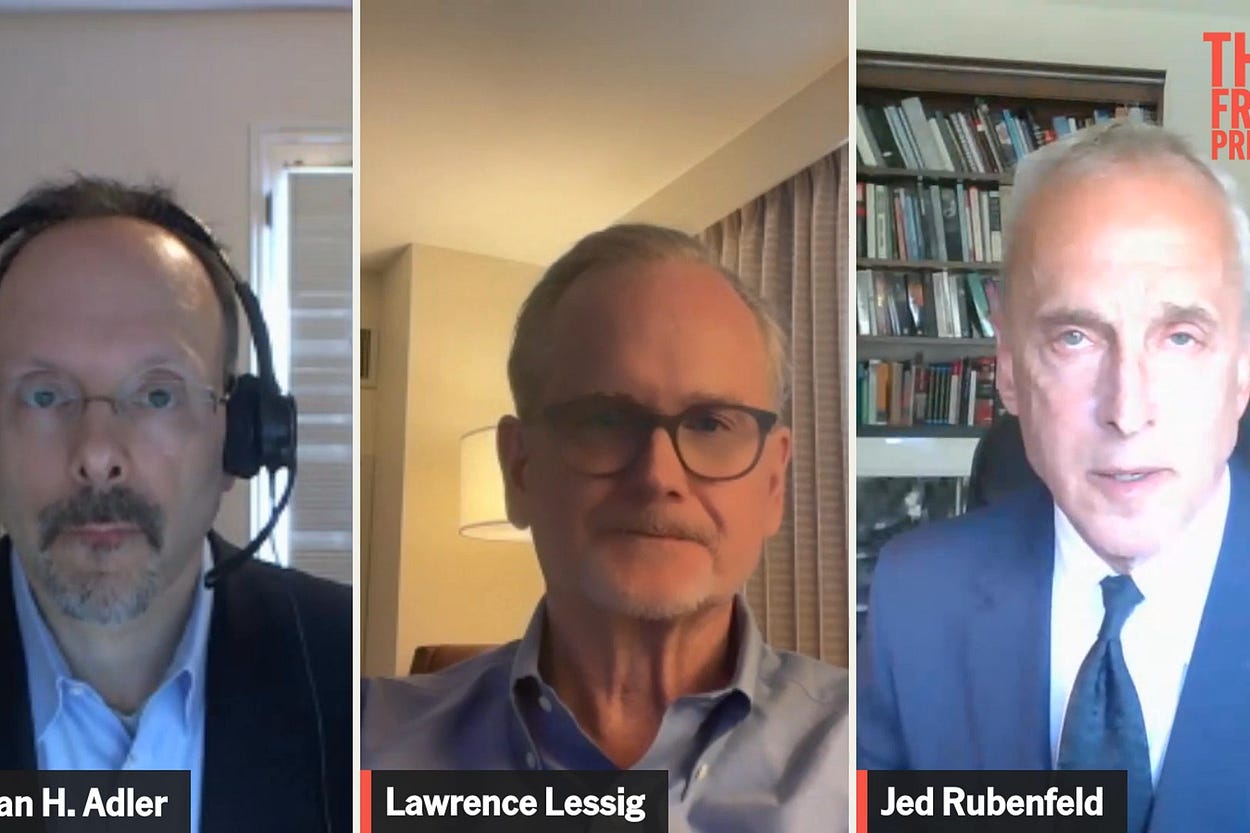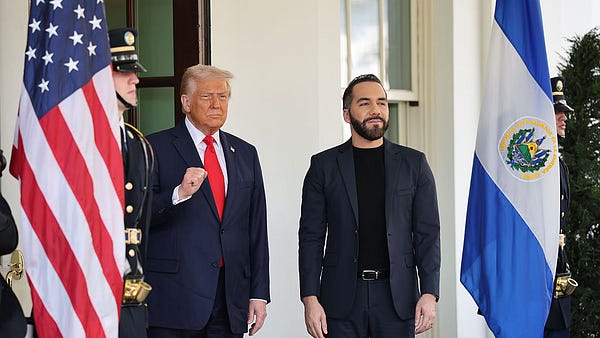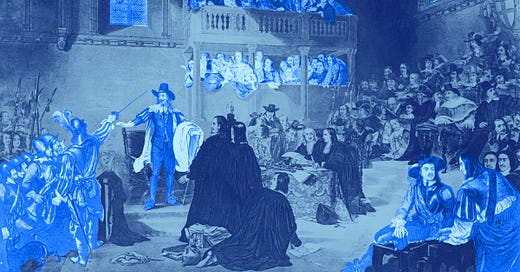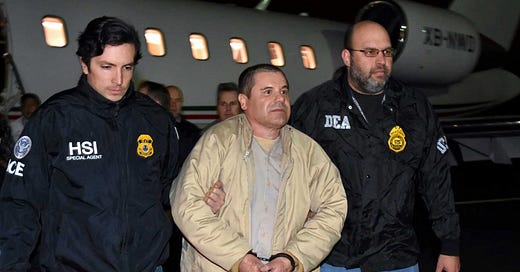
The Free Press

When Vito J. Fossella’s phone lit up with the news that the New York City Council was thinking about giving noncitizens the right to vote, he remembers saying out loud to himself: “Are they insane?”
“It was so nuts, I figured there was no way folks would support it,” he told me.
That was in January 2020. And Fossella was wrong. As the year went on, the measure—which would allow 800,000 legal residents of New York City to vote in local elections—gained only more support. In 2021, the Democrat-dominated City Council passed the bill by a 33–14 margin. That’s when Fossella, a former Staten Island Congressman who chose not to seek reelection after a highly publicized affair, decided to return to politics after more than a decade outside of the ring.
“The wheels were coming off the bus,” he said of the city. “Staten Island was like a rowboat attached to the Titanic, and it was sinking fast—but we weren’t going to go down with the Titanic.”
Today, Fossella is the borough president of Staten Island, leading the fight against Local Law 11, as it is known.
He is the lead plaintiff in a lawsuit, first filed in 2022, that only just made its way to the state Court of Appeals—the highest court in New York State—on Tuesday. This is the last stop for the highly contentious law, which has already seen two lower courts strike it down. Now there is nothing left to do but wait for a decision, which could take “months and months,” according to Lourdes Rosado, head of LatinoJustice, a nonprofit representing the nine immigrants defending the law. One of them is Abraham Paulos, an Eritrean refugee who came to the U.S. as a newborn and believes voting is a “human right.”
“As a black person in America, I should be able to have a say in my local government and civically engage with policies around me,” he said to me. “But instead, what we are saying is that because I am not a citizen, I cannot have a say in how schools are run, how the garbage is picked up, or who my elected officials are.”
Paulos, a green-card holder, has lived in the U.S. for nearly all of his 43 years. As the deputy director of the Black Alliance for Just Immigration, he said he talks to New Yorkers about the importance of “being civically engaged” nearly every day, despite never having cast a ballot himself. That is why, he told me, when he caught wind of Local Law 11 in 2020 he thought it was a “great idea.”
“I was really excited about it,” he said. “It would be great to feel like, as a human being that’s been a part of this community, I have a right to be able to say what happens.”
Paulos said the effort to overturn the law stems from a “right-wing, white supremacist angle.” And he is “angry about being powerless.”
“This is not an immigration thing about who is and who is not a citizen,” he added. “This is really about race. And it’s always been about race.”
Out of the noncitizen New Yorkers this law would apply to, about half are black and originally hail from countries such as Nigeria, Haiti, and Jamaica, according to the bill’s lead architect, former council member Ydanis Rodríguez. The nine immigrants defending the law live across all five boroughs and were born in seven different countries, and many have sympathetic stories. Five are DACA recipients, including one whose family overstayed their visa so their child could receive brain surgery. One is a teacher for New York City public schools. Another is a Filipino software programmer previously employed by the New York City Department of Sanitation. But the law could also apply to some of the more than 210,000 migrants who have arrived in the city since the spring of 2022.
John Ketcham, director of the Cities program at the Manhattan Institute, told me that Local Law 11 makes migrants eligible to vote under two conditions: 1) They have permanent legal status or work authorization, and 2) They have resided in New York City for at least 30 days. In 2021, Rodríguez, a Dominican-born immigrant who is now the city’s transportation commissioner, told his colleagues while arguing in the bill’s favor: “This is the Democratic agenda. This is about us showing Texas, San Antonio, Colorado, other states how we do business.”
Later in the session, Council Member Carlos Menchaca defended the granting of voting rights to migrants who’ve lived in the city for just 30 days. “It feels wrong to segregate a population that are New Yorkers and giving them a different timeline to get access to the same right,” he said.
Over a dozen U.S. municipalities in states such as Vermont, California, and Maryland have already passed laws allowing some noncitizens to vote in local elections, and a legal challenge to one such law in Burlington, Vermont, allowing noncitizens to vote in school district elections, was recently dismissed by a state Superior Court judge.
Ketcham pointed out that many migrants, including those from Venezuela, Haiti, Yemen, and Lebanon, earned Temporary Protected Status under the Joe Biden administration, thus gaining authorization to work. If Local Law 11 were not tied up in court, he said, these migrants would have a fast track to the ballot box.
“That sets up a grave slippery slope,” said Ketcham. “If municipalities can define who is eligible to vote, they could theoretically extend the franchise to many other categories of persons—to children, to the incarcerated, and even potentially to those in the country illegally.”
He added that enfranchising so many new voters could have the potential to swing municipal elections with minuscule margins, where sometimes only 10 percent of registered voters turn up.
In fact, some of the strongest opposition to the law comes from immigrants. This includes city council member Inna Vernikov, who first came to the U.S. at the age of 12 as a refugee from Ukraine when it was part of the Soviet Union. She called the backers of this bill “anti-American.”
Vernikov said she remembers waiting in breadlines in Ukraine. She told me of the law’s proponents: “I don’t think they value America, or the concept of America. Maybe they don’t understand what it’s like to be born into communism.”
Her first-ever vote in the City Council was against Local Law 11, shortly after she won her Brooklyn seat as a former Democrat turned Republican. She said there are “many ways” a newcomer can receive a work permit and gain temporary legal status. Even applying for a green card can lead to a work permit, she said.
“You can come here on a work visa. You can get invited by a businessperson or a company,” she said. “That doesn’t make you an American citizen—that just means somebody likes you, or wants to work with you. It doesn’t mean you know a thing about our country or our laws. And now all of the sudden, you’re a part of this very serious decision-making.
“It would absolutely devalue citizenship,” she added. “What’s the point of becoming a citizen if you can just get all the benefits without becoming one?”

